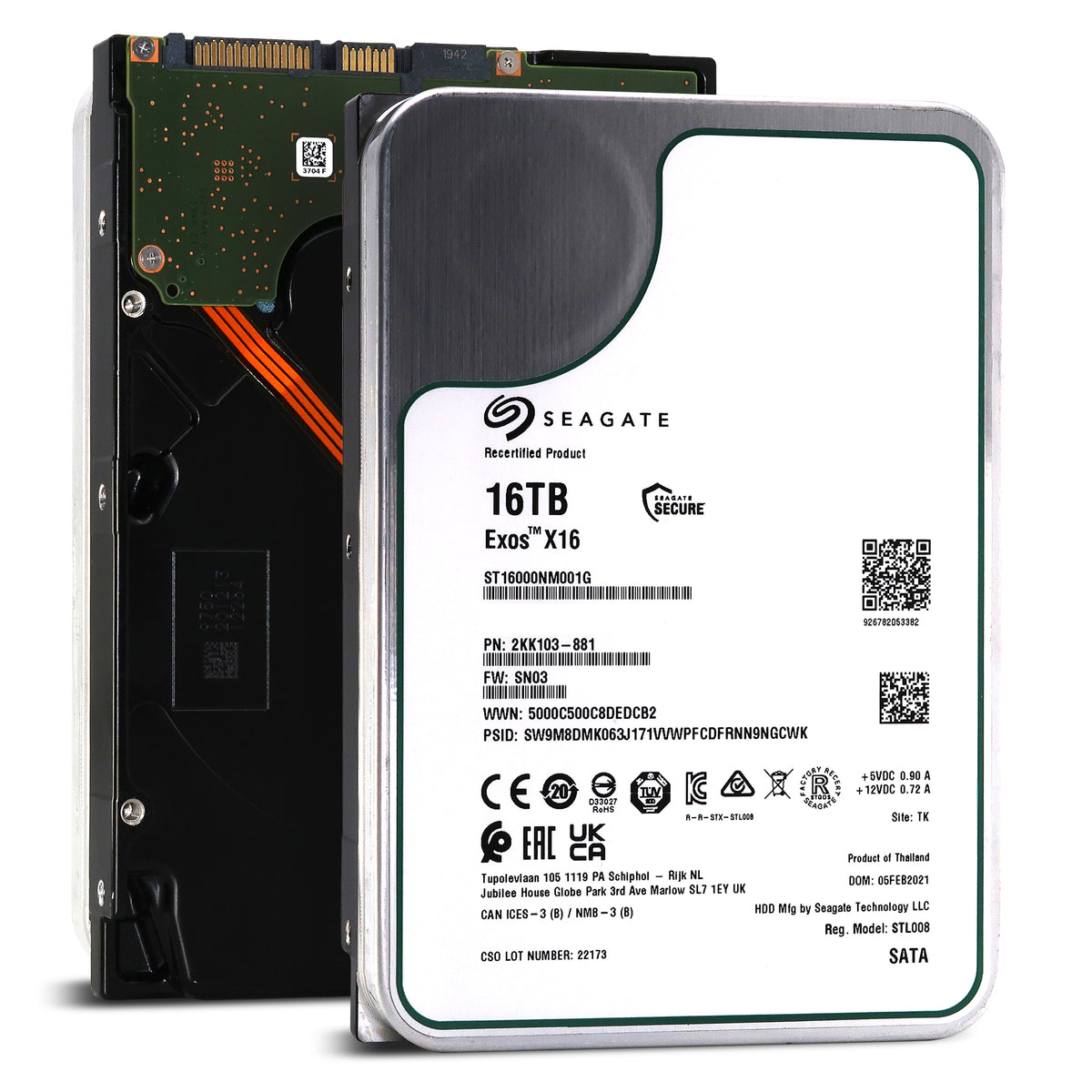Apologies if it's already been discussed, but is it more cost effective to build your own as opposed to just purchasing an NAS from Amazon or something?
It
can be, but it really depends on what your requirements are and what you want to achieve.
For example there are some Synology NAS out there that are €800+. Now normally these come with their own proprietary OS and features. The pros for these things generally are simplicity of use and quality of life features. They also normally combine a HDD enclosure with the actual NAS server into one box which is convenient and saves space. You can even find some with multiple Ethernet ports and even some with 10Gbit ports.
The downsides to something like this is normally the specs of the box itself tend to be low, where they use kind of weak ARM CPUs, have little RAM and outside of the number of HDDs that can be attached they tend to not really be expandable (some exceptions to this of course). The other problem with most of these is that they often need you to create an online account with the creator and they phone home. That doesn't bother some people however because there is web management they can end up compromising your network and you need to often keep them up to date because there are a lot of documented security issues with them.
If you plan to do more than simply use it to host your storage on the network these things tend to come with many "apps" that do various things, however due to the often weak CPU+low RAM quantity this is often not ideal for these cases. For people who want to put something like Plex, Jellyfin or Emby on their NAS these boxes lack any kind of GPU for transcoding normally which can be an issue.
If you build it yourself then you can build to your own specifications, some people buy second hand old x86 commercial servers or workstations for cheap and use those as their NAS. Other people repurpose old desktop parts when they upgrade to something new.
A downside is that you may need to be fairly techy or be a little comfortable on a Unix command line to set up some of the software side of things yourself. The pro is that you get much more control and (generally) better specs.
One of the big advantages is that you can customize the hardware to your liking. For example if you wanted to you could buy a new desktop case, PSU, MOBO, as many HDD or SSD as you can fit in the box and hell even a discreet GPU for heavy transcoding if necessary. You can buy 10Gbit NICs etc... It all depends on your needs and goals with the project. Of course the more you add the higher the cost will be in the end.
A simpler approach might be taking an old laptop and making that the server potion of your NAS and then you can use USB harddrives or SSDs as your storage and that will probably work quite well for most people. Most laptops have a built in iGPU that you could use for transcoding and they are generally designed to be somewhat low power.
Personally for my approach I went for a Mini-PC (which essentially uses a Laptop CPU with iGPU). The Mini-PC I installed Proxmox which is a hypervisor/virtual machine manager. I set up a VM for my router software, a VM for my NAS software and a VM for Jellyfin to access my video files on my TV etc... It is cool as it is a small low powered device but it packs quite a punch and the cost was not insane on it at all. Plus it has multiple purposes as it is acting as my router too and I can keep adding more VMs if I want to do other stuff, still lots of headroom to play with.
Then I purchased a 4 HDD SATA USB enclosure that I connect to the Mini-PC. I bought my HDDs and put them in the enclosure and then connect to the Mini-PC and configure the software side.
All working great for me. I think I paid around €500 for the Mini-PC and around €160 for the USB HDD enclosure. Which given the utility, flexibility and levels of performance I think that was a bargain especially compared to some of premade ones you can buy. Of course you still need to buy your actual hard drives for the storage so you can add that cost but you would also need to do the same if you went with a prebuilt NAS box.






























